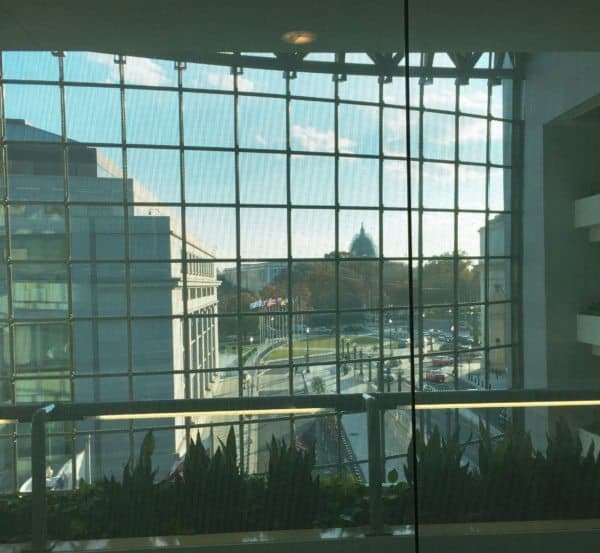The U.S. Securities and Exchange Commission (SEC’s) Office of Compliance Inspections and Examinations (OCIE) announced its 2019 examination priorities this week.
The 14-page document discusses inspections of investment markets and briefly describes the office’s commitment to inspecting the integrity of digital currency/token investment products offered to American investors.
The OCIE’s “2019 Examination Priorities” document begins by describing the office’s significant scope and purview:
“With approximately 1,000 staff in the Commission’s 11 regional offices and headquarters, OCIE is responsible for overseeing more than 13,200 investment advisers, approximately 10,000 mutual funds and exchange-traded funds, roughly 3,800 broker-dealers, about 330 transfer agents, 7 active clearing agencies, 21 national securities exchanges, nearly 600 municipal advisors, the Financial Industry Regulatory Authority (FINRA), the Municipal Securities Rulemaking Board (MSRB), the Securities Investor Protection Corporation, and the Public Company Accounting Oversight Board.”
The office says it has it has significantly increased investigative productivity in several areas:
“OCIE completed over 3,150 examinations in Fiscal Year (FY) 2018, which is a 10 percent increase over FY 2017. Coverage of investment advisers increased to approximately 17 percent of SEC-registered investment advisers, up from approximately 15 percent in2017. Examinations of investment companies were also up this year, increasing by approximately 45 percent. OCIE completed over 300 examinations of broker-dealers and actively oversaw FINRA and other regulated entities.”
 The need for increased inspections may have been spurned by overall growth in investment markets:
The need for increased inspections may have been spurned by overall growth in investment markets:
“The financial markets, products and services offered, and innovation in advanced technology continue to grow at a rapid pace. Operations of registered entities have also grown more complex, diverse, and interconnected, becoming more dependent on linkages to other organizations located throughout the world. In addition, the demands on OCIE’s resources continue to grow with continued increases in the number of firms, particularly investment advisers registered with the SEC.”
“Digital asset” markets are one of the areas of notable growth identified by the OCIE:
“The digital asset market has grown rapidly and may present risks to retail investors. The number of digital asset market participants, including broker-dealers, trading platforms, and investment advisers, also continues to increase.”
Unchecked growth may imply unchecked risk, and the OCIE states it is monitoring the situation:
“Given the significant growth and risks presented in this market, OCIE will continue to monitor the offer and sale, trading, and management of digital assets, and where the products are securities, examine for regulatory compliance.”
Part of the OCIE’s market surveillance will involve “high-level inquiries,” says the agency:
“In particular, through high level inquiries, OCIE will take steps to identify market participants offering, selling, trading, and managing these products or considering or actively seeking to offer these products and then assess the extent of their activities.”
Firms and individuals offering “digital asset” fiduciary services will be closely monitored, the OCIE claims:
“For firms actively engaged in the digital asset market, OCIE will conduct examinations focused on, among other things, portfolio management of digital assets, trading, safety of client funds and assets, pricing of client portfolios, compliance, and internal controls.”


